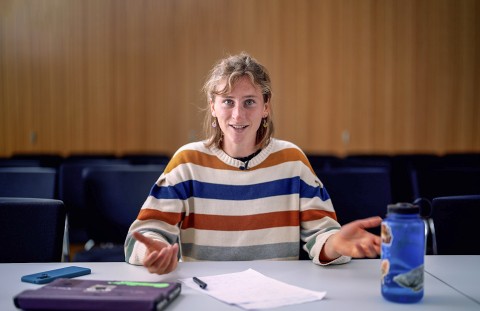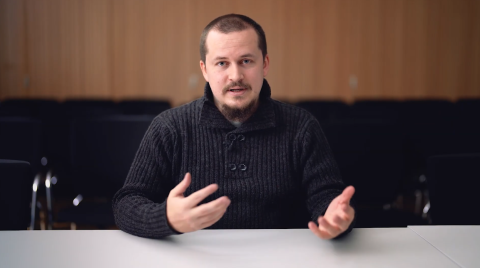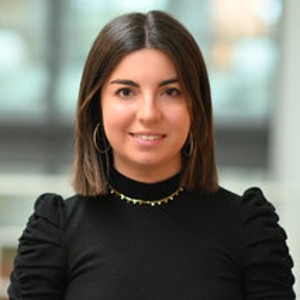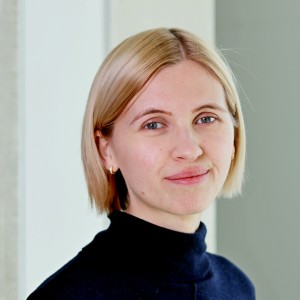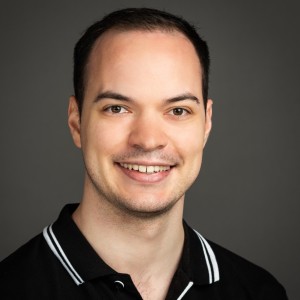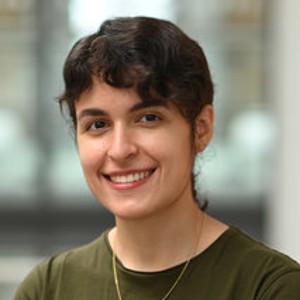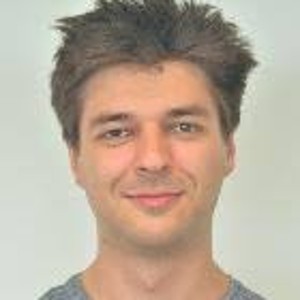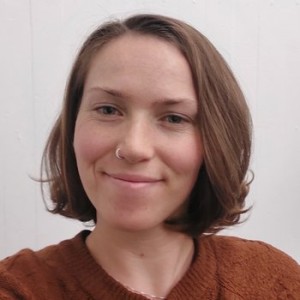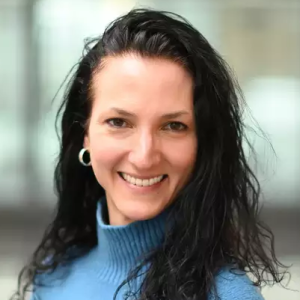Excellent PhD Programs
Quantum science and technology is a broad, interdisciplinary field of contemporary science spanning a wide range of scientific areas with a high potential for the development of future information, sensing, and computing technologies, just to name a few. With numerous experimental and theoretical research groups working cross-disciplines like physics, mathematics, computer science, electrical engineering, material science and chemistry, Munich is one of the leading research centers in this field. A core aspect of MCQST is its dedication to supporting early career scientists. We aim to build upon the optimal conditions that are already provided by both LMU and TUM for early career researchers with regard to all aspects of career development in science: from graduate education through the promotion of postdocs to junior research group leaders.
Dive into doctoral studies at one of the associated graduate programs hosted at top universities and research institutions. Besides the graduate programs, you can contact the research groups directly for a PhD position (continuous recruiting). Being a part of the graduate programs or MCQST, you will have access to our support programs, as well as a platform of joint activities for a large research community, which encourages networking and scientific exchange as an integral part of doctoral training.
Support programs for PhDs

MCQST PhD Award
The MCQST PhD Award honors the best PhD theses in quantum science and technology from the MCQST community, recognizing excellence in research at an early career stage.
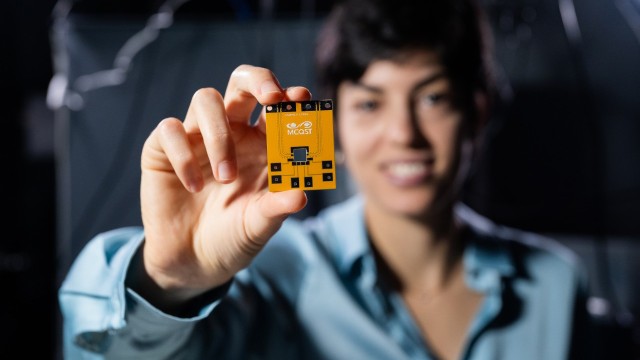
PhD Board
MCQST strengthens PhD involvement through a dedicated, self-managed board, representing their community and fostering inclusivity.
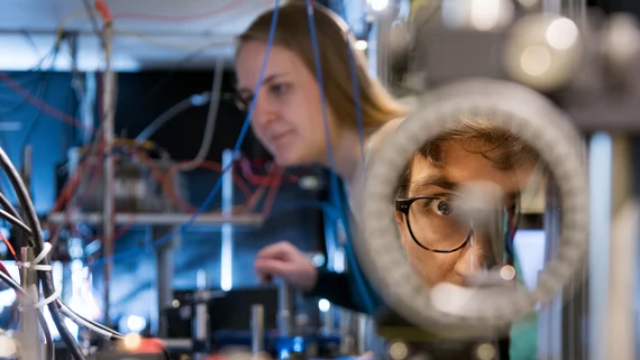
Structural program
PhD candidates benefit from a structured IMPRS program with specialized courses, skills workshops, international collaborations, and industry visits, open to all.
Munich Quantum Talents Symposium
The symposium is designed to bring together outstanding PhD students and early-career postdocs from all over the world to present their groundbreaking research work in the field of quantum science and technology. The symposium aims to provide a platform for emerging early-career researchers, facilitate knowledge sharing, inspire collaboration, and promote career opportunities in quantum science. Special attention is given to increasing diversity in the field of quantum science, fostering a more inclusive and equitable environment that values the contributions of researchers from all backgrounds.
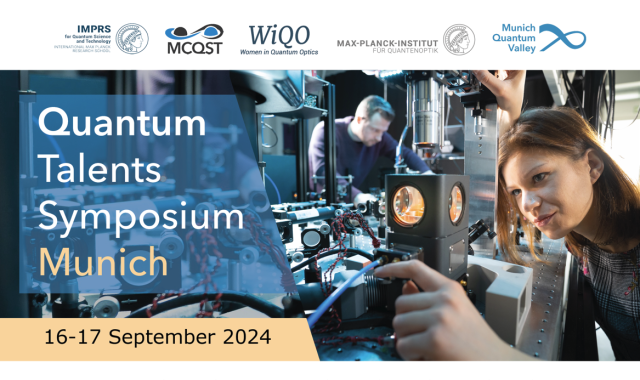
MCQST PhD Board & IMPRS-QST Coordinator
Graduate Schools
The International Max Planck Research School for Quantum Science and Technology (IMPRS-QST) is a joint program of the Max Planck Institute of Quantum Optics, the Ludwig-Maximilians-Universität München and the Technical University of Munich. It offers an excellent and coherent graduate program across the fields of atomic physics, quantum optics, solid state physics, material science, quantum information theory, and quantum many-body systems. It provides a platform of joint activities for a large research community, encouraging better networking and scientific exchange as an integral part of doctoral training.

Exploring Quantum Matter (ExQM) Doctoral Program 2019-2021

